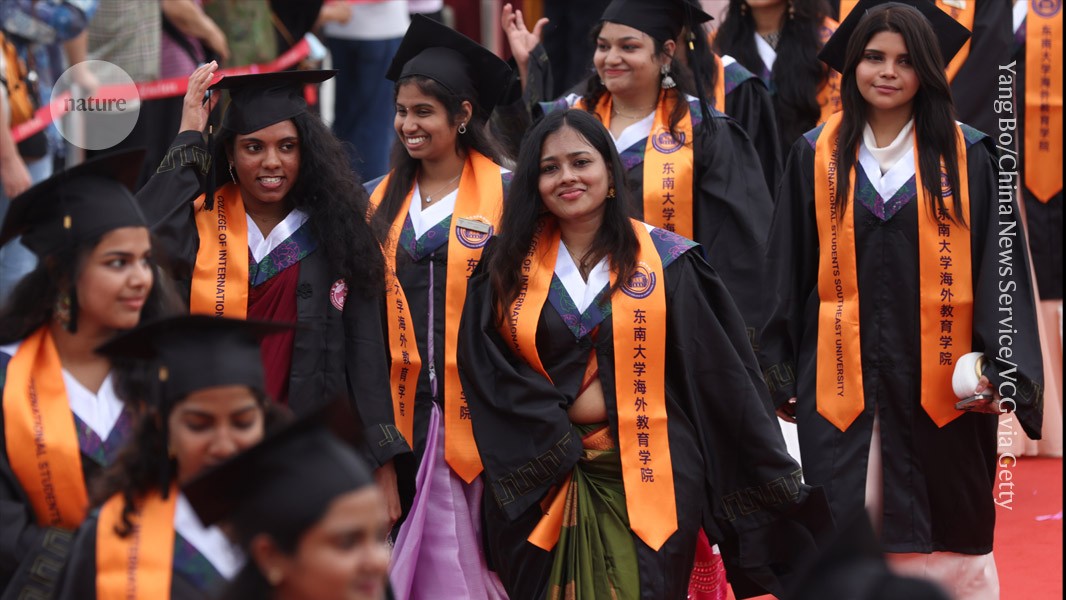
"In 2018, I argued that China's meteoric growth in research output masked deeper structural issues, including inconsistent research quality and a 'publish or perish' academic culture. Seven years on, that picture has changed. Research quality in China has improved: in 2023, it overtook the United States as the leading country in the Nature Index, which tracks output in high-quality natural- and health-sciences journals. Since then, the gap between the two countries has only widened."
"These gains reflect deliberate policy interventions, including the Chinese government's Double First-Class Initiative, launched in 2017 to cultivate world-class universities and disciplines by awarding different levels of funding on the basis of performance and strategic goals, with a focus on quality over quantity. At the institutional level, performance evaluations now place greater weight on originality, quality and international visibility, rather than raw output."
"Since 2020, in response to a national policy that aimed to address the pervasive focus on research output, rather than quality, some universities have reduced or abolished cash rewards for sheer numbers of publications, replacing them with recognition tied to global impact and peer esteem. But structural challenges remain. Some universities are using pay bumps, rather than cash payments for papers, as a more indirect way to reward prolific authors."
China's research quality has risen markedly, overtaking the United States in the Nature Index in 2023 and widening the lead thereafter. The Chinese government implemented the Double First-Class Initiative in 2017 to develop world-class universities and disciplines, allocating funding by performance and strategic priorities. Universities have shifted evaluation criteria toward originality, quality and international visibility. Since 2020, some institutions have reduced or abolished cash payments for publication counts, favoring recognition linked to global impact and peer esteem. Remaining challenges include indirect financial incentives, uneven progress concentrated in elite institutions and disciplines, and political constraints on academic openness.
Read at Nature
Unable to calculate read time
Collection
[
|
...
]